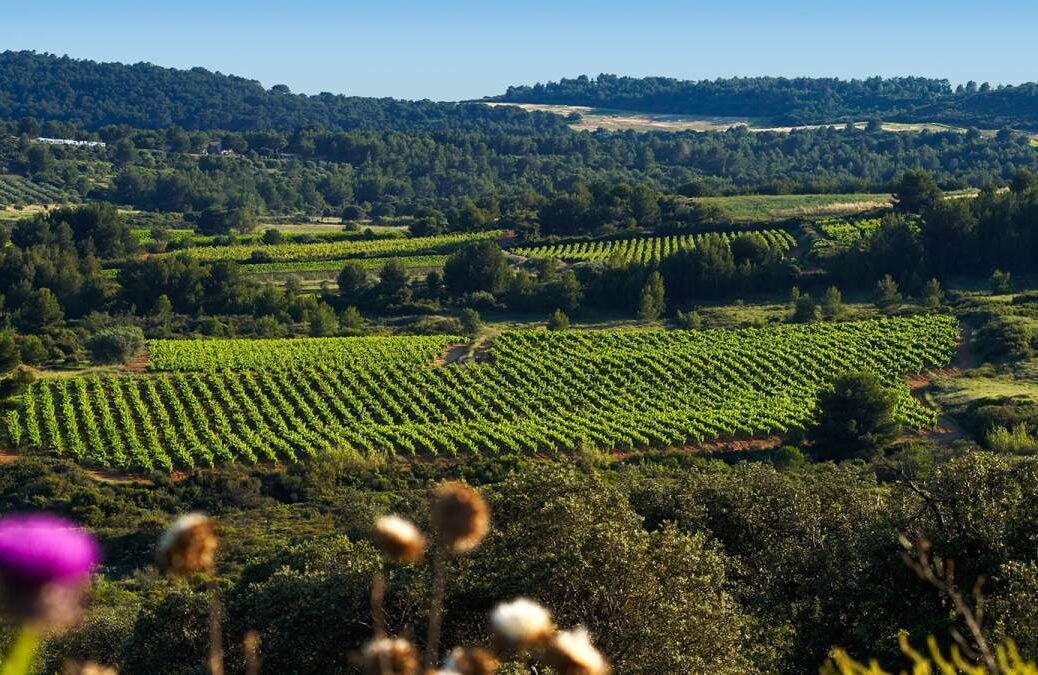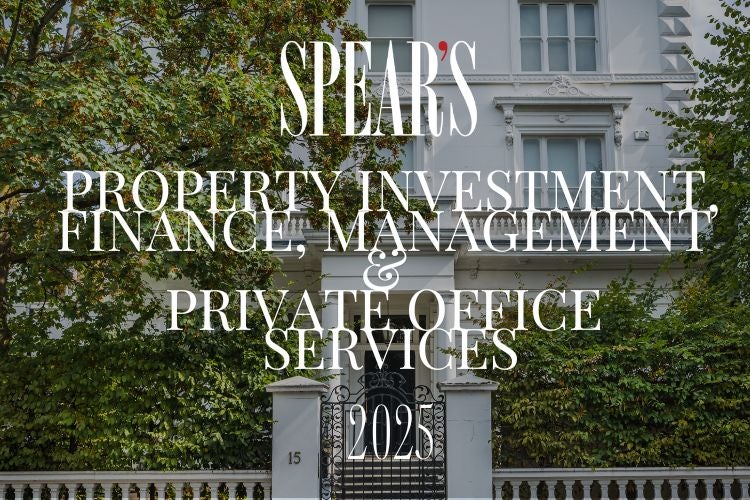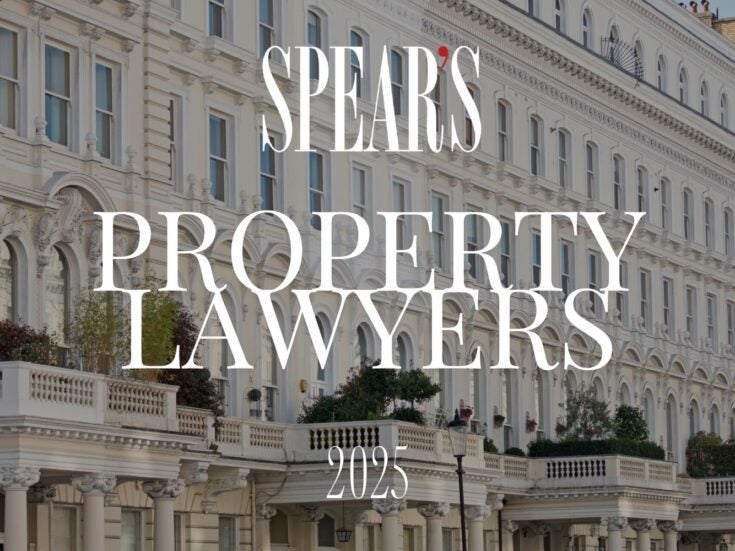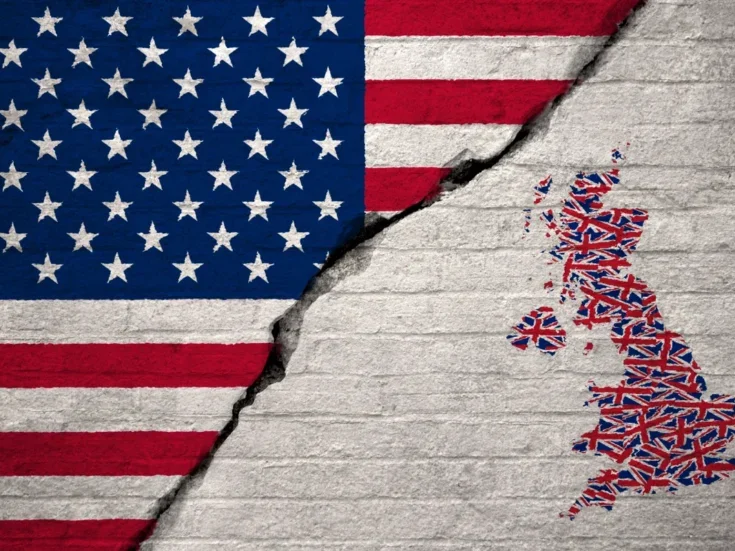
A slice of France’s viticultural heartland may be a dream purchase, but potential buyers must be wary of potential pitfalls to avoid pain, says Bertrand Delafaye.
In recent years, the number of acquisitions of French vineyards by foreign investors has increased substantially. Acquirers of vineyards are motivated not just by the pleasures of owning land and wine, but also by the profits which may be made by exporting the wine to countries such as China, where the going price for a bottle may be up to ten times that in France (China is now the world’s fifth largest consumer of wine and the leading importer of Bordeaux). Hundreds of Bordeaux château are in Chinese hands, testifying to the country’s seemingly unquenchable thirst for French vineyards.
A brief overview of what’s involved in purchasing a vineyard reveals that it is actually a more complex transaction than might be expected. Specific and challenging issues may arise with regard to due diligence, financing and the pre-emptive right of the French Government to purchase any vineyard that comes up for sale.
Due Diligence
As with all real estate purchases, due diligence is key. Evaluations of vineyards are, however, distinguished by their high level of complexity. Audits will typically require the coordination of multiple experts, including lawyers, accountants, environmental inspectors, architects and one or more wine specialists. In addition to evaluating the quality and marketing of the wine produced, due diligence will include a valuation of the estate, production facilities and wine stock.
The vineyard’s compliance with tax, employment and environmental regulations, particularly those related to the treatment of wine effluent, must also be assessed. The auditors must check the use of trade marks and château names, and confirm that the plots of land for sale are within the applicable appellation. The identity of the owner and consistency between the notary deeds, land register, real estate register and the Casier vitricole must be verified. In addition, a lawyer should ensure that any operating agreements cannot be reclassified as rural leases subject to the French Rural Code.
Financing
About 90 per cent of wineries are structured as two companies, one owns the land on which the grapes are grown (the owning company), and the other manages the daily operation of the vineyard and produces and markets the wine (the operating company).
The owning company rents the land to the operating company. Due to the exceptionally high land prices involved, the owning company is often worth much more than the operating company. Because operating companies are generally valued on the basis of a multiple of their profits and rarely own highly valued assets, operating companies are often poorly valued. Their projected business profits, except where boosted by a history of high-priced exports, will generally not be enough to ensure timely and full repayment of the loan with interest, which naturally makes lenders nervous.
Because the value of the land far exceeds the potential for profit, French banks consider most vineyard acquisitions to be personal acquisitions for pleasure rather than profit. As such, French banks are typically not satisfied with a real guaranty, i.e., securing the loan with company assets or shares in the owning and operating companies. As a consequence, they generally, additionally, require a personal guaranty, which some investors are reluctant to grant. This may push investors to find financing outside France, or to opt for an equity-based transaction, rather than a debt-leveraged one, possibly to their detriment. A solid business plan that can demonstrate significant cash flow will help secure more favourable financing.
The French Government’s Pre-Emptive Right to Buy
The pre-emptive right to purchase a vineyard is held by the Société d’aménagement foncier et d’établissement rural (SAFER), a nonprofit agency under the control of the French state, the purpose of which is to protect the general interest by maintaining agricultural land, protecting the environment and preventing speculative purchases. Two months prior to the expected date of sale, the seller or notary must disclose to SAFER the nature, location and legal description of the property to be sold, as well as the terms of sale and identities of the parties. At this point, SAFER has the right to step in and purchase the vineyard itself.
Until 2014, it was fairly easy to circumvent SAFER’s pre-emptive right to buy, since it did not apply to the transfer of company shares. Ownership of a vineyard could be effectively transferred via the sale of shares of both the owning and operating company. Since 2014, however, under Article 29 of the Future of Agriculture, Food and Forestry Act (No. 2014-1170) passed on 13 October 2014 (FAFFA) (amending Article L.141-1), SAFER’s pre-emptive right now applies to share transfers. SAFER may choose to exercise its right over only part of the purchase, but the seller is not required to part with less than all of the property. This means that if the seller does not want to sell the specific part demanded by SAFER, either SAFER will acquire all the property, or SAFER renounces its preemptive rights and the sale to the purchaser can go ahead.
In the case of a share transfer, the required disclosure to SAFER is broader, and includes the transferring company’s by-laws and financial statements for the past three years, any contractual and pre-contractual agreements, any asset and liability guarantees, any obligation having financial implications for the company whose stock is being transferred, and any information related to pending or potential litigation. A request for complementary information will delay the sale until the notary or seller provides the requested information or indicates why it cannot be transmitted. Failure to notify SAFER may result in rescission of the sale, if the property was subject to SAFER’s preemptive right, or, if not, in a fine of between €1,500 and 2 per cent of the transaction amount.
Although this obligation to provide information may delay an acquisition, the risk that SAFER will exercise its right of pre-emption is actually quite low, especially with respect to highly valued properties like vineyards. In fact, in 2014, the total value of purchase made by SAFER through its preemptive right was only €52 million, although this figure does not reveal the number of potential purchases derailed by SAFER exercising its right to buy a part of the plot.
Despite these obstacles, the acquisition of a vineyard, a liquid asset, blending cultural depth and personal colour, remains an attractive option for investors, particularly given the rise of export prices driven by the growing market in Asia.
Bertrand Delafaye is a partner in the Corporate Advisory Practice Group at McDermott Will & Emery. Based in Paris, he specialises in real estate transactions, including the acquisition and sale of vineyards.







